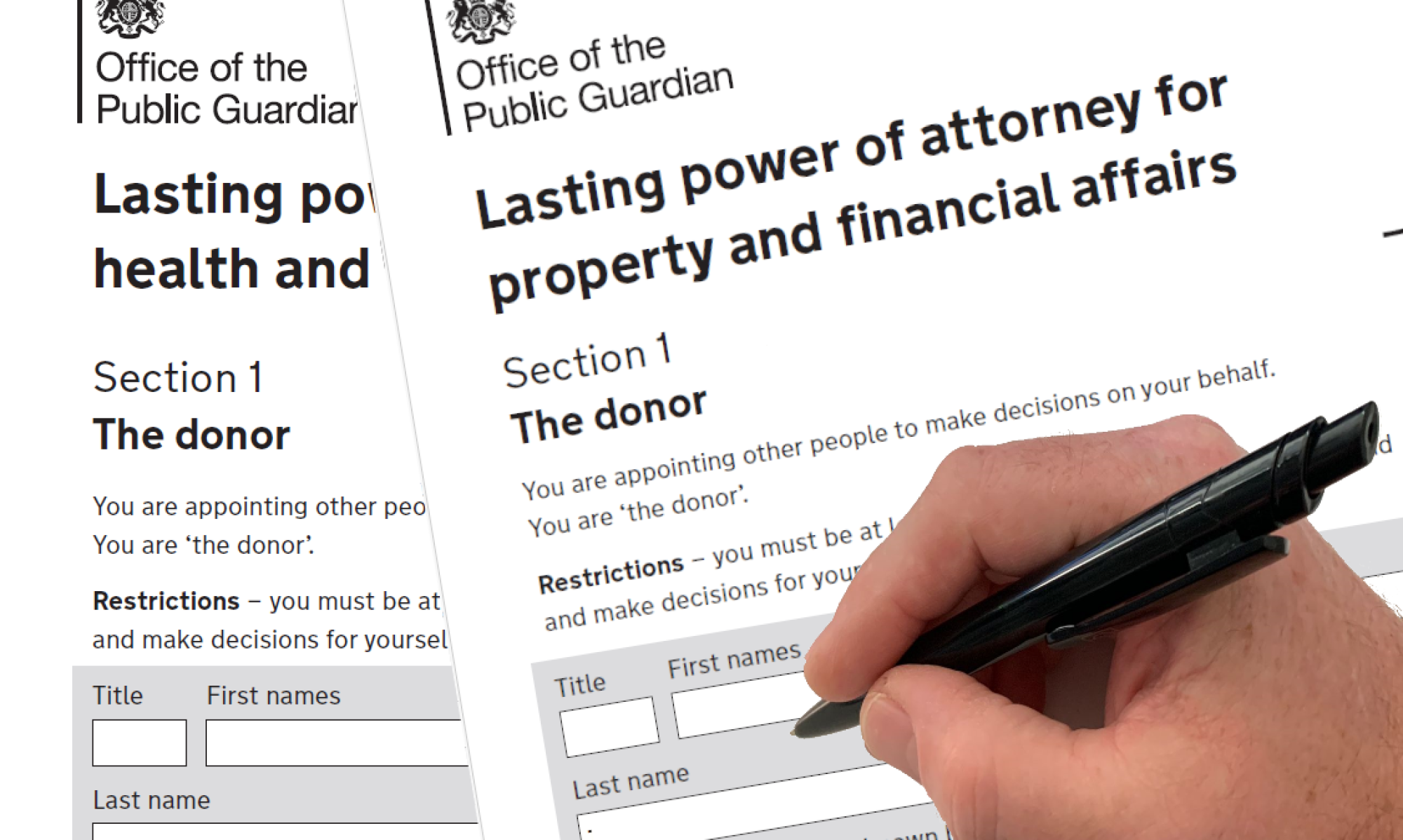
I thought the COP was supposed to help you
Actually, its role is to protect the person who has suffered the loss of mental capacity. This means that family members are not automatically seen as the knights in shining armour. You have to be able to demonstrate it to the court and pay for the privilege, year after year.
You also have to prepare a written deputy report when requested which is usually an annual event. There is an obligation for the deputy (hopefully you) to take out a bond which can be thought of as a type of insurance. This is based on the size of the estate and will normally attract an annual premium.
The obligations and level of scrutiny on the deputy are quite onerous as the COP must have records for all your dealings. This includes not only what the deputy has spent but the reasons why the choices were made.
You can probably see where the pain comes from when compared to an LPA
Did you know …
- It’s the COP that actually signs off an LPA for a one off fee
- Without an LPA, it’s the COP that determines who will control someone’s estate if they become mentally incapacitated
- The COP could appoint a deputy who is from outside of the family
- The costs to become a deputy in control of your loved one’s affairs without an LPA could run in to the thousands.
- There’s an annual supervision fee
- It could take months to have a deputy assigned
The one off LPA fee is a relative bargain when compared to this
So avoid the heartache and trauma by planning ahead
This might be all the incentive you need to start your LPA application today
Court of Protection Fees
- Application fee is £408
- Court or legal fee (set by the Court)
- Appeal fee is £257
- Hearing fee is £494
- Copy of document fee is £5
- Annual supervision fee £320 (or £35 for minimal supervision)
see the government website for full details

